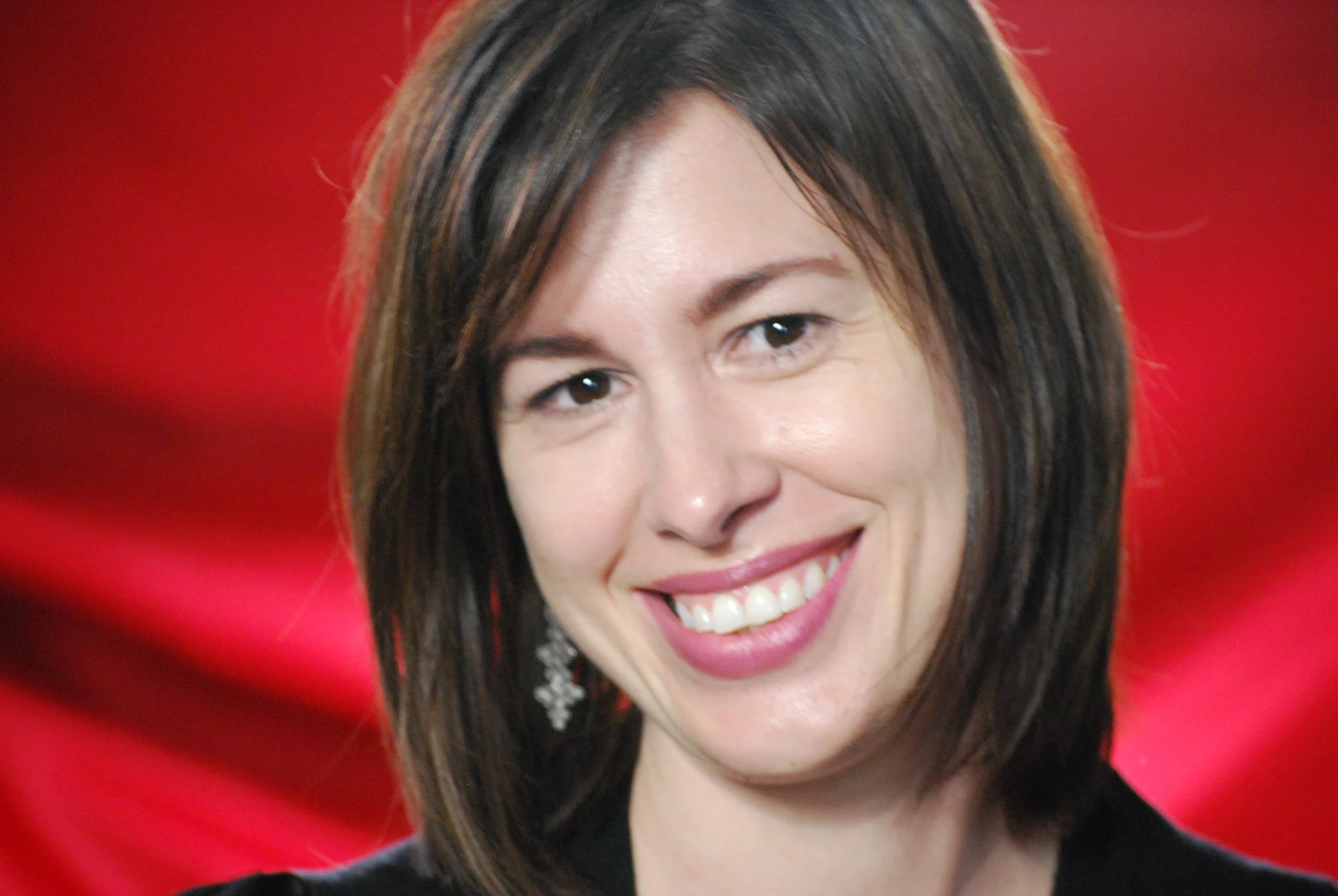My Debut Sold: What’s Next?
Erin Brown
“Greatness is a road leading towards the unknown.”
You’ve finally made it! An agent is repping your book and has just sold it to an editor at a major house that is now going to publish it. Okay, by “now” I mean, in a year or two. Regardless, you’re “about” to hit the big time! Right? Slow your roll, gangsta, and don’t quit your day job. Let’s take a look at the reality of what you can expect following your big news.
First, congratulations! You’re probably zinging between utter elation and sheer terror. People—actually, a whole lot of people—are going to read your book. Holy page-turner, Batman! Being a first-time author can be overwhelming. However, a good agent and editor will hold your hand and guide you step by step through the publication process and explain everything along the way.
An editor will begin with an editorial letter to you, focusing on content (characters, not commas). Ugh, a dagger to the heart. Your baby was perfect, wasn’t it? Sorry, another round is on the horizon, the bastards! *Shakes fist in the air* As a writer, give the suggestions some air to breathe, wrap your head around them, and then dive into revisions. Yes, morerevisions than you and your agent have already tackled! Your editor then shepherds the book through the entire publication process and is your biggest cheerleader at the house. So be kind to your editor (chocolates, an easygoing nature, and liquor can all help).
Soon you’ll be introduced to the art department. They’re usually a fun, creative group that will offer up several unique cover designs. When I worked in the romance department, we loved the days of cover shoots—tan, beefy, shirtless men walking through the hallways flexing their biceps. And those were just the junior art directors! You may get some say regarding your own cover, depending on what your agent negotiated in the contract, but almost always the house makes the final decisions. Throw away your dreams of designing your own cover based on your cousin Andy’s giant oil painting of your main character.
Publicity is next on the horizon—will you do book signings or go on tour? Well, here’s the rude awakening. You must be realistic, and so must your publisher. Touring takes a lot of resources (read: time, energy, and money) and a publisher must be very careful allotting them to certain books. That might mean you’re not up for a major book tour yet. If an author does get a tour, he or she probably has an established following in a certain area. But don’t give up hope! Tours do happen on debuts and the next go-round could hold the possibility of signings.
And what about those damn reviews? You can request that publicity not send you anything except good reviews or you can read anything you can get your grubby little hands on—including any links to Ryan Gosling on gossip sites (always my dream). Remember that you can learn a lot from critical feedback. So take the opportunity to address problems and improve your future work. Editors, of course, take reviews less personally. A Publishers Weekly review that reads: “Only a few tertiary characters are compelling,” speaks to an editor, who will simply excerpt: “Compelling.” Presto! A great review for the paperback cover. And remember, you can’t satisfy the jerks on Goodreads. Also keep in mind this rule—never, ever respond to bad reviews on Amazon. Very petty.
What about writing? In that year to year and a half during which your first book is being created, how do you find the mental space to work on your next book? You buckle down. Depending on your genre, you’ll have to put pen to paper or fingers to keyboard ASAP. With fantasy/sci-fi and romance, your editor might ask for two to three books a year! Mystery, thrillers, or suspense? One or two a year! This is because publishers (and you, as the author) want to build on the audience, not lose them between books. So you must move on: forget about Book #1 as it goes through production, and get going with Book #2. Discover your discipline process: when do you work? How and where do you work best? For two desperate hours each morning at the kitchen table while your young children watch non-stop Paw Patrolepisodes? Wait . . . I’ve given away too much.
Overall, keep in mind that an editor views buying a debut novel not as buying a book, but buying a partnership. I like to quote the literary great Kim Kardashian when I think of the ultimate editor/debut author relationship: “It’s fun to have a partner who understands your life and lets you be you.”
From signing the contract to seeing your book on the shelves at Barnes and Noble, the life of a debut novel is an exciting journey . . . kinda like the ultimate log ride, but with less water and more screaming moments.
Erin Brown worked as an editor for almost a decade at two major New York publishing houses, William Morrow, a division of HarperCollins, and Thomas Dunne Books, a division of St. Martin’s Press. She’s had her dream job for ten years now, as a freelance editor working directly with writers in order to improve their work (and hopefully find representation and publication!). You can contact her at www.erinedits.com.

